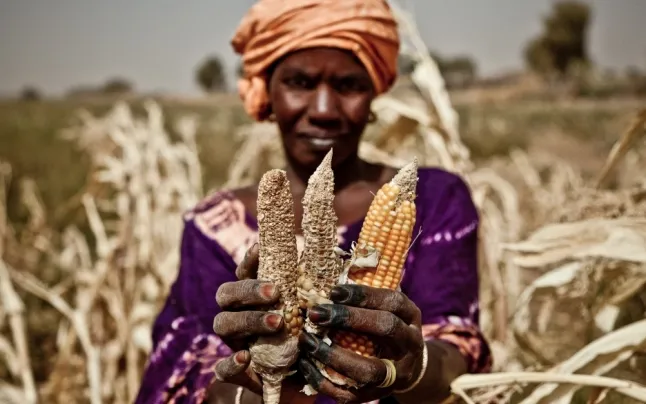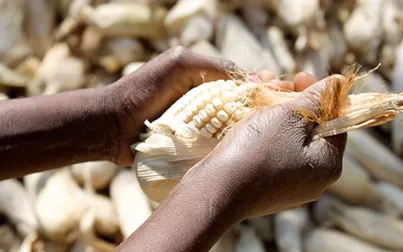The Catalan Association for Peace launches a Food Emergency Campaign for Africa and Yemen, with local organizations in Mauritania, Mali, Ethiopia, Djibouti and Yemen.
In light of the serious food insecurity and hunger experienced in several countries around the world, and coinciding with World Food Day, the Catalan Association for Peace has just launched a campaign to help mitigating its effects on the most affected population.
The action targets five countries: Mauritania, Mali, Ethiopia, Djibouti and Yemen. The first four are in two areas (Sahel and Horn of Africa) that are deeply affected by persistent drought, domestic disputes and an increase in food prices. In Yemen, the war that started almost four years ago has left almost 10 million people with no possibilities to guarantee one daily meal, a situation which is set to worsen due to the large numbers of displaced persons, the difficulties to provide them with humanitarian aid and the collapse of the domestic economy.
Together with local organizations that know well the specific needs of each area, the Catalan association will carry out different actions to provide emergency food aid (distributing food to the most vulnerable persons, such as women and youth) as well as providing training and awareness on nutrition.
Ever-growing hunger in the world
The number of hungry people in the world continued to rise in 2017, reaching a figure of 821 million persons –one in nine– according to the State of food security and nutrition report prepared by the FAO and the World Food Programme and launched last September.
This increase means going back to the figures of a decade ago and responds mainly to three interconnected factors: the emergence and intensification of armed conflicts; the effects of climate change (fundamentally severe drought, but also flooding) and the rise in basic food prices.
Over the last decade, conflicts have grown in number and complexity, especially in countries that already faced high levels of food insecurity. Of the 51 countries that experiences food crises in 2017, conflicts and insecurity were the main reason in at least 18 of these, with a total of 74 million persons affected. Besides the number of deaths and injured, conflicts have a severe impact on the economy and agriculture in these countries.
As for extreme climate disasters, the number of such events has doubled since the early nineties. These events have very negative effects on crop production and the availability of food, which in turn leads to an indiscriminate rise in prices. Severe drought, especially, accounts for 80% of damage and loss in agriculture.
The report also states that Africa continues to be the continent with a greater prevalence of under-nutrition, reaching up to 21% of the population.
World Food Day
Coinciding with World Food Day, observed on 16 October each year, the Catalan Association for Peace launched this Food Emergency Campaign, to collect funds to help finance the different projects in these five countries, as well as to disseminate the causes and consequences of today’s global food crisis among the population
Anyone wishing to collaborate may make an on-line donation through the form on their web or make a bank transfer to the account number 2100 3200 95 2201233743.








Add new comment